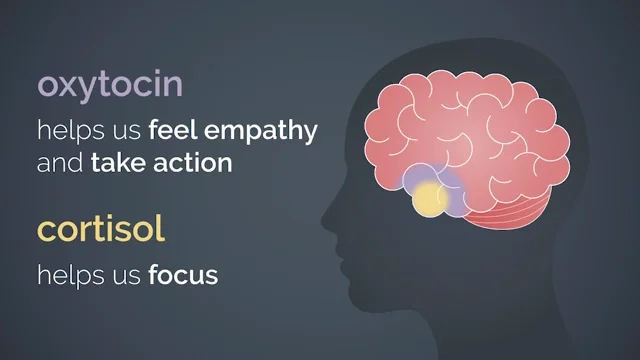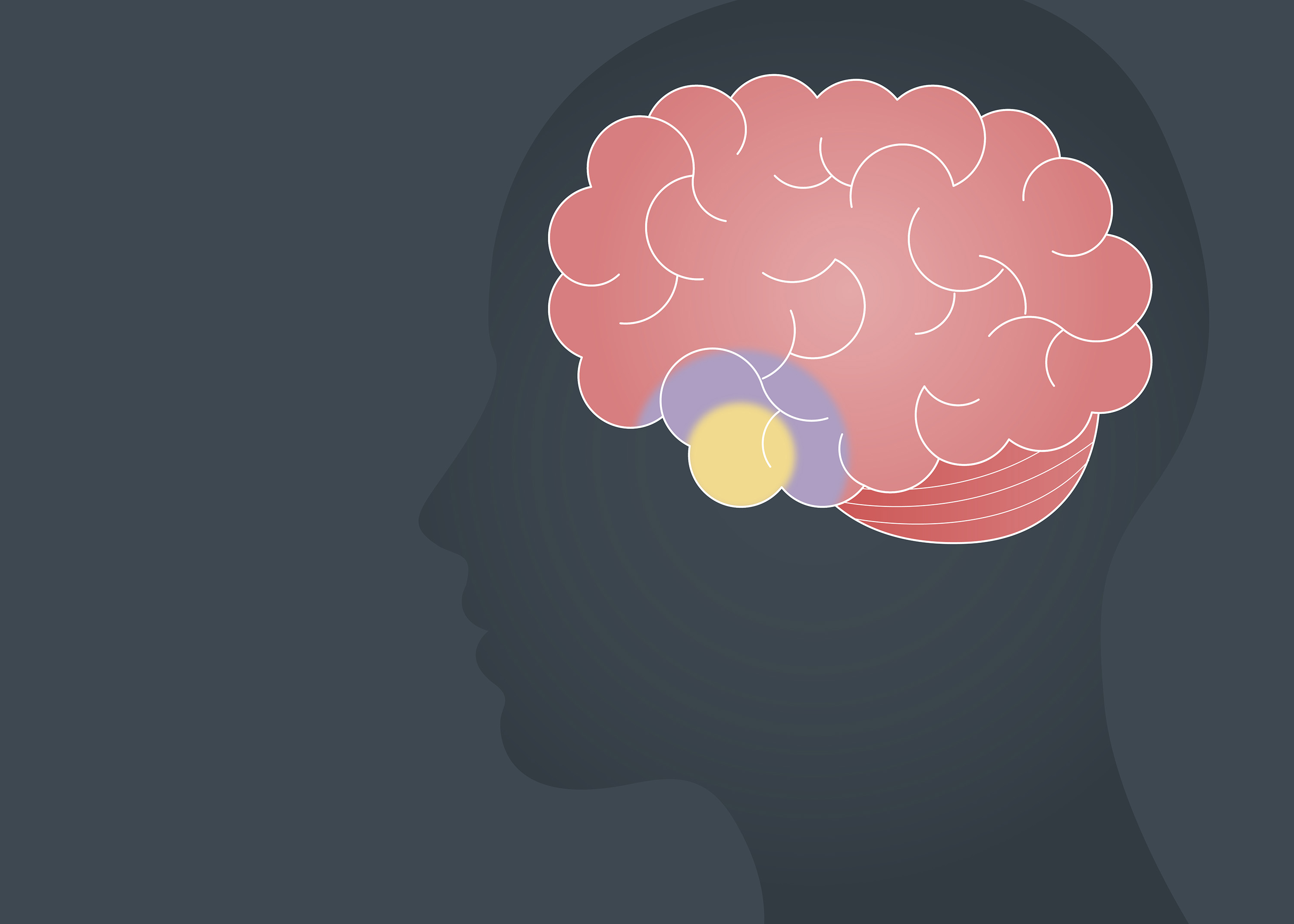Powerful Messaging Part 1:
This Is Your Brain on Stories
A challenging task. A scary moment. Or embarrassing experience. We’ve all had those times where, afterward, we think “At least I got a good story out of it.” But what makes a story a good story? And why are good stories important when it comes to B2B marketing?
Watch our video to find out.
Have you ever had something happen that was really, really challenging, scary, embarrassing or that was just a plain outright disaster? Then once you got past the crisis you ‘put lipstick on the pig’ by saying “well at least I got a good story out of it.” We’ve all done that… Right? Well, it turns out that there is a good reason for that.
Researchers at Harvard have discovered that literally one of the most important things human beings need for survival is well … a good story. In his essay collection Three Uses of the Knife, David Mamet talks about the “perfect football game.” He argues that the perfect game isn’t one where one team dominates the other, taking the lead early and never looking back. The perfect game is when both teams are evenly matched. Each takes the lead from the other throughout the game with the battle for the win determined as the final seconds on the clock run out. Tension. Drama. That’s actually what makes the perfect game. And that’s what makes a perfect story.
The Harvard studies found that character-driven stories cause oxytocin synthesis and that character-driven stories with emotional content caused people to not only understand key points better, but also to recall these points even weeks later. Oxytocin, you may have heard, is one of the ‘feel-good’ chemicals that our brain produces. It’s been called the ‘love hormone.’ The amount of oxytocin produced predicted how much people were willing to take action, cooperate, or help others. It helps us feel empathy. Now another chemical is also at play when we encounter a good story – cortisol. Neuroeconomist Paul Zak found that cortisol – our ‘stress hormone’ – is released when we encounter the tense moments in a story. Since cortisol is part of our fight, flight, or freeze response it helps us focus. So when we hear a good story… cortisol helps us focus and oxytocin prompts us to feel good about the message and take action. That’s why we all like a good story and remember them.
Of course in order to motivate action, a good story has to also keep our attention – something that is in short supply in our overstimulated brains. Successful stories do just that. They create tension and inspire the audience.
Check out our next blog post to learn more about what it takes to create a successful story.
Ready to power up your messaging? Get a free consult.
Call Don Poe at 303-449-6086 or email don.poe@peopleproductions.com, or fill out the form below and we’ll contact you.




